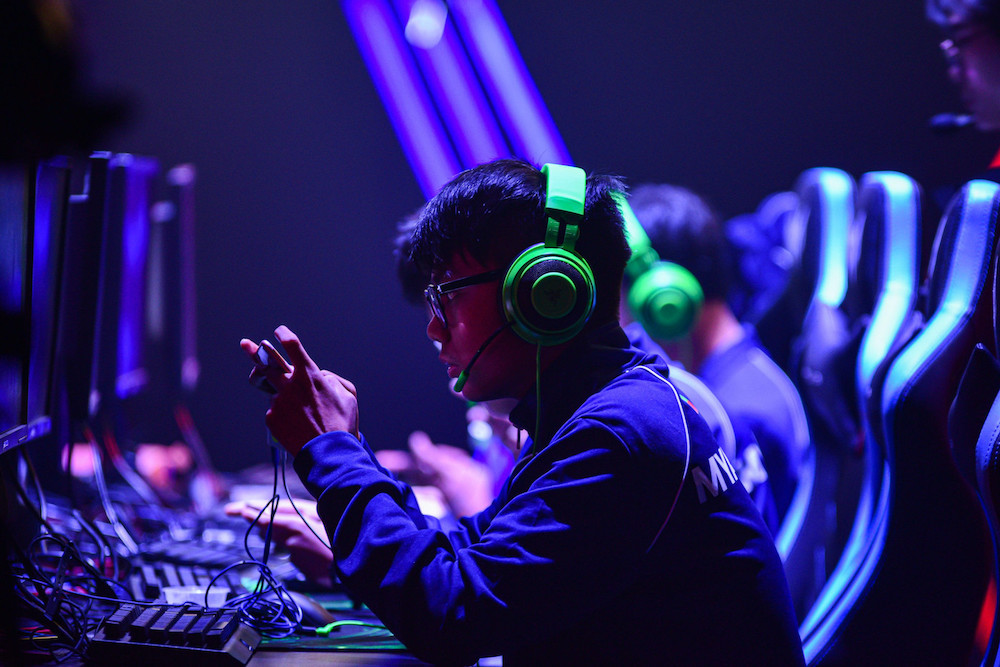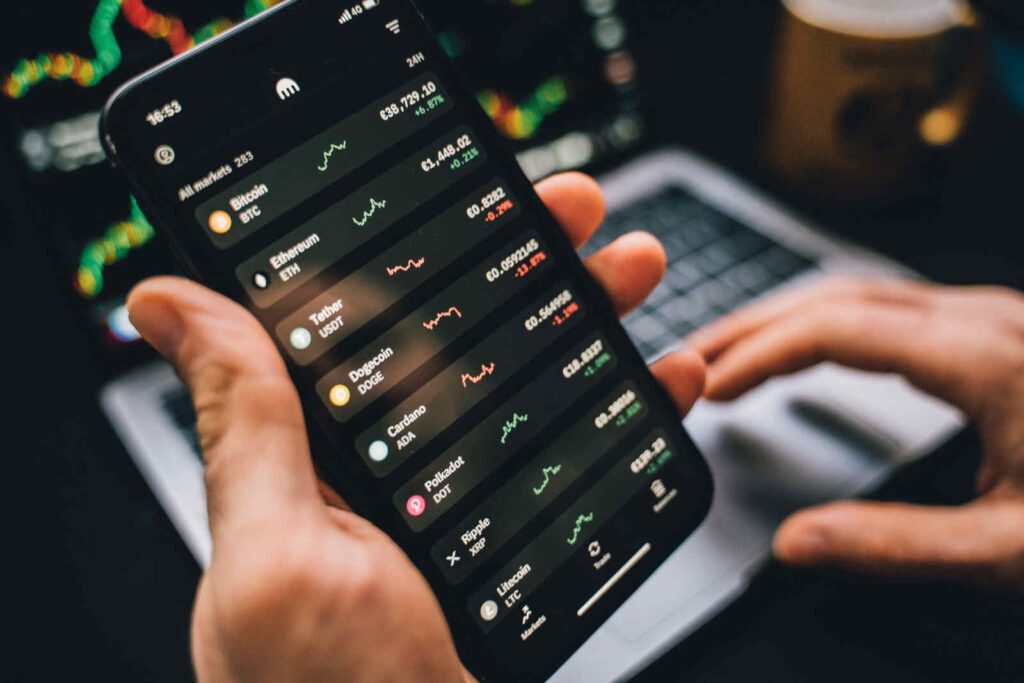
The Influence Of Esports And Gaming On Crypto
Since PayPal announced its entry into the cryptocurrency market at the end of last year, the industry has seen an influx of investment. As a result of the surge in Bitcoin’s value, there is anticipation that cryptocurrency will become more widespread in the near future.
During the lengthy “crypto winter” of 2018, Bitcoin’s prior all-time high led to a sudden rush of interest that decreased. A combination of real-world value and a great user experience is more likely to unlock mass acceptance of cryptocurrency and the blockchain technology that supports it. esports and gaming presently seem to be one of the most sought-after tickets based on recent news trends and 2020’s macro events.
The worldwide esports business decreased marginally last year due to a lack of in-person events, but it is expected to increase by more than 50% in the next three years, reaching $1.6 billion in revenue. With Messari, a leading digital research agency, forecasting broad adoption of blockchain technology, analysts feel this business has a lot of room to grow. Males between the ages of 18 and 34 who live in economically developed nations make up the bulk of the market population.

The Esports Industry As A Goldmine For Cryptocurrency Entrepreneurs
Blockchain and esports businesses, according to recent news reports, are looking to take advantage of the chance to merge the two sectors. Esports star Susie Kim recently revealed that she is introducing a unique fan cryptocurrency named SUSIE. To access secret Discord discussions and social media shoutouts, her fans may purchase it.
Andreessen Horowitz and other VC firms have supported the Rally platform, which has attracted 30 gamers, producers, and influencers to issue their own money. Kim is credited with helping Twitch establish a foothold in Korea via game broadcasting.
FirstBlood Technologies has been running a blockchain-based Dawn Protocol-based online competitive gaming platform since 2016. However, MakerDAO has announced an interface with the DAI stablecoin, which will be used in the games. Over the next several months, as it’s written here, gamers on the platform will be able to compete in tournaments using DAI and earn stablecoin. Given that this connects esports with decentralized finance, which has so far been a niche in the crypto market, it’s a fascinating development
The crypto genius When it comes to the newest prospects in the crypto industry, Tron’s creator Justin Sun never misses a trick. In late October, it was revealed that BitTorrent, which Tron had purchased in 2019, was acquiring DLive.tv, an esports broadcasting service built on the blockchain.

NFTs And Gaming
In addition to esports, blockchain technology and the larger game industry are opening new doors for companies looking to break into the mainstream. When individuals are looking for methods to occupy themselves in their own homes, one of the few industries that have benefited is gaming.
Non-fungible tokens (NFTs), which enable blockchain inventors to issue one-of-a-kind digital assets with unique properties, are experiencing a return in popularity. Gamers will be able to buy valuable in-game items that will be kept safely on a blockchain thanks to this functionality.
There were several NFT-based game announcements in early November as well. NFTs will be used to develop a racing game by blockchain-based gaming company Animoca Brands, which has announced an arrangement with Formula E to produce the game. More than 411 million people tune in to watch Formula E’s 14 races each season, which take place on five continents.
Given how quickly things are evolving, it is clear that blockchain and crypto’s meeting with gaming and esports offers numerous potential for users as well as innovators and existing participants. Bitcoin may not continue to rise, but blockchain and gaming are sectors worth keeping an eye on for the foreseeable future.

That NFT gaming is going to catch on is a foregone conclusion. With NFTs, or “non-fungible tokens,” you can keep track of the ownership of any asset, even if it moves across the blockchain, and you may resale a share of that asset to previous owners. For the 3 billion people who play video games worldwide, it should be second nature to seek for and gather unique objects, limited trinkets, and unusual art and mementos to keep and love.
Volatility and the environmental effect of NFTs, in their present application, cannot be overlooked. There is a haunting image of loot boxes for gamers, as these paid-for random boxes of goodies drained money from them.
microtransactions and season passes are common ways for gamers to acquire in-game products. NFTs, on the other hand, provide players greater control over the game’s economy by allowing them to sell objects and profit from future resales. This is a significant step forward for gamers who previously had to sell their old games to pay for their new ones.
FIFA and Fortnite already have limited-time skins. Although both games emphasize the concept of scarcity, the creator has total control over the experience.
NFT gaming may also take advantage of player ownership. The concept of customization is central to many games, and this may be broadened to allow NFT-powered assets for their favorite games to be sold on a marketplace by NFT-powered asset makers.



